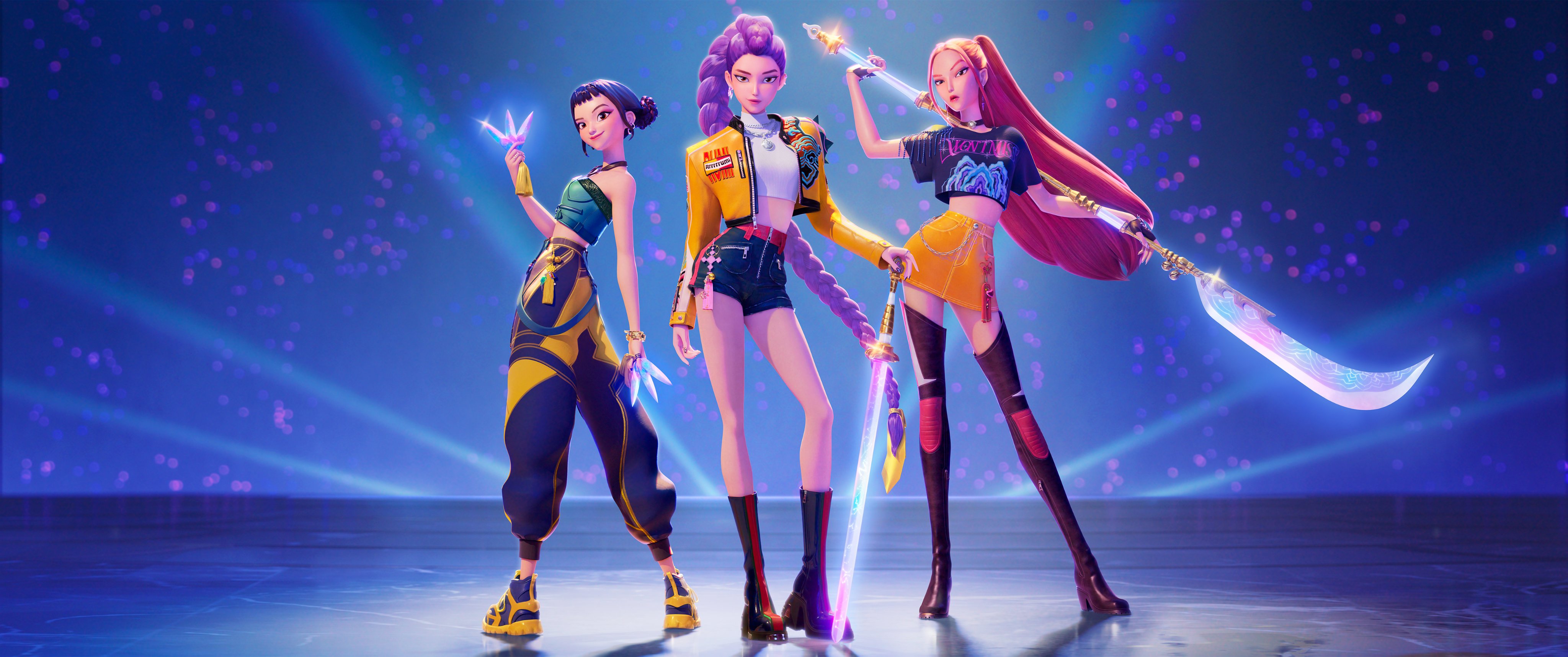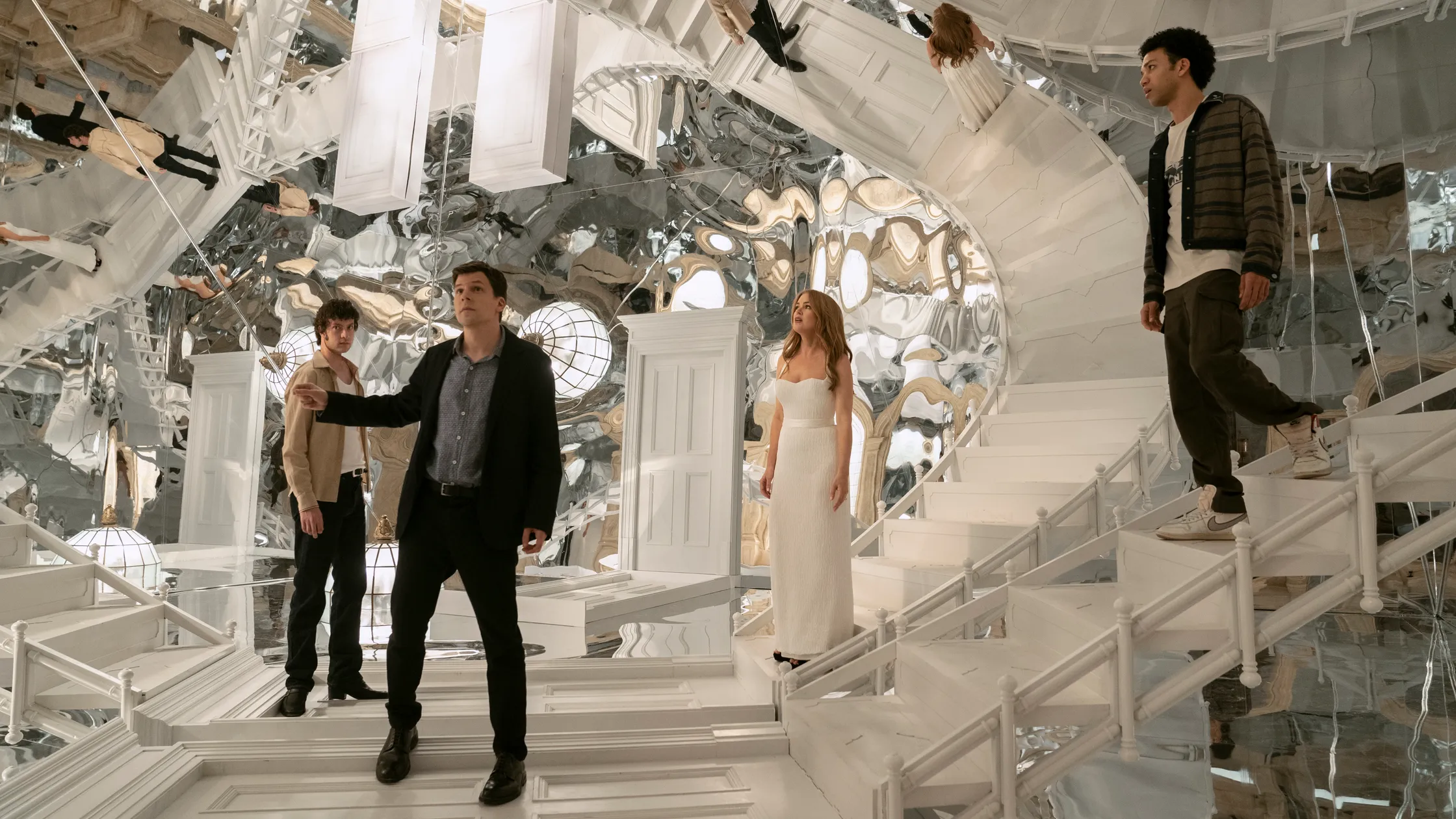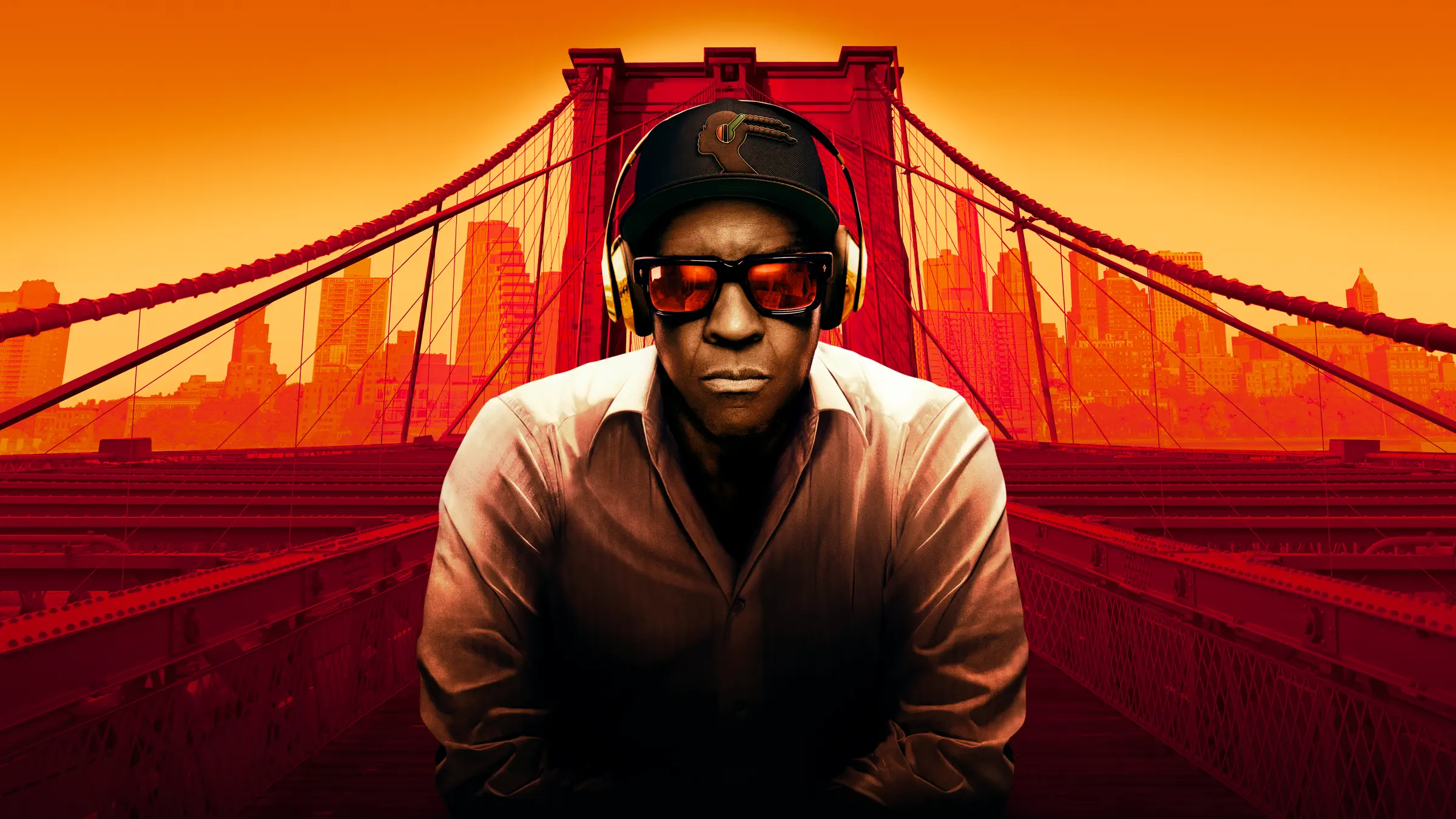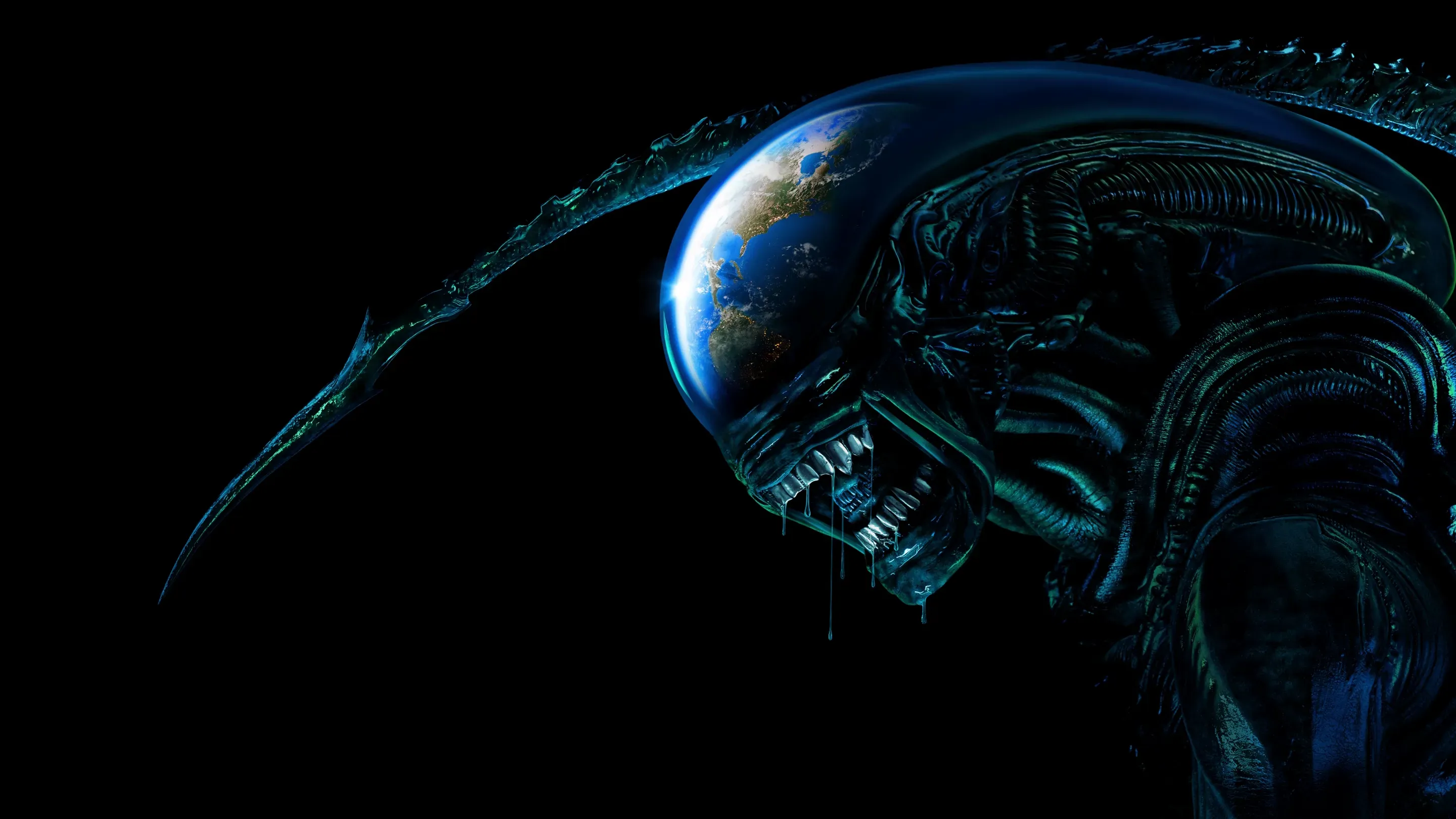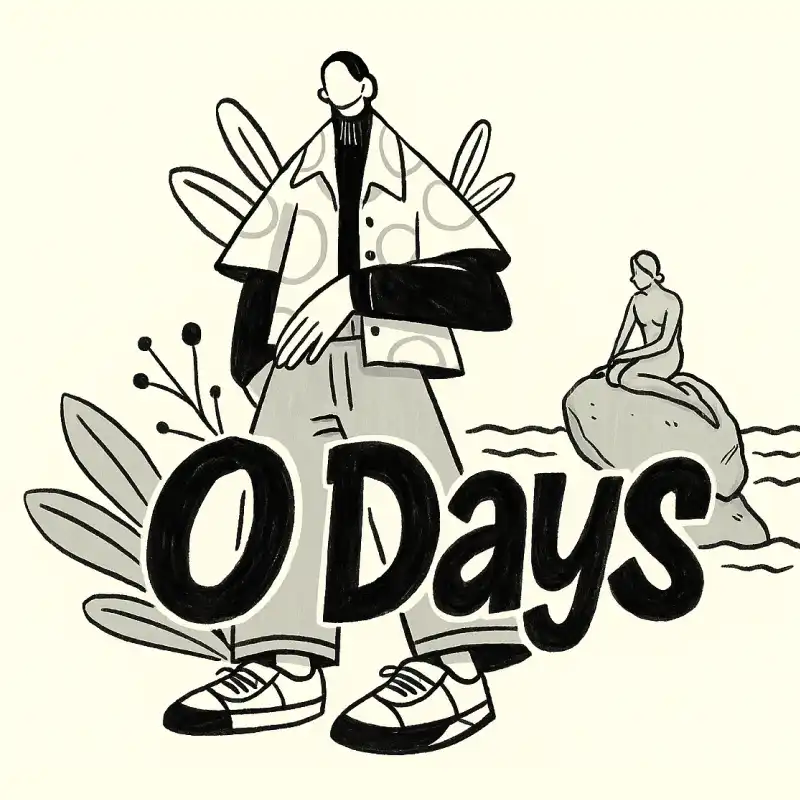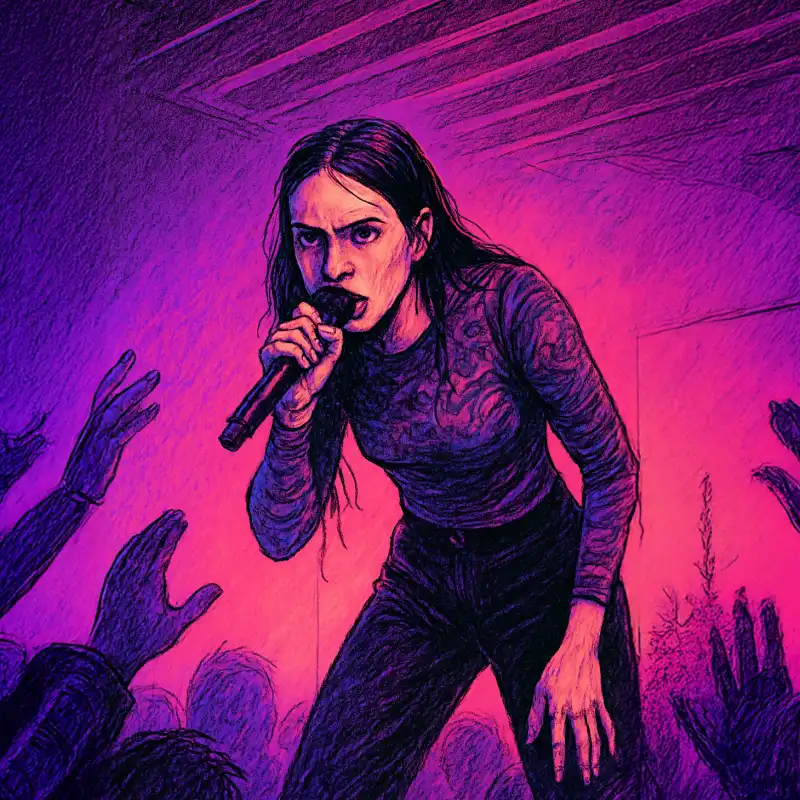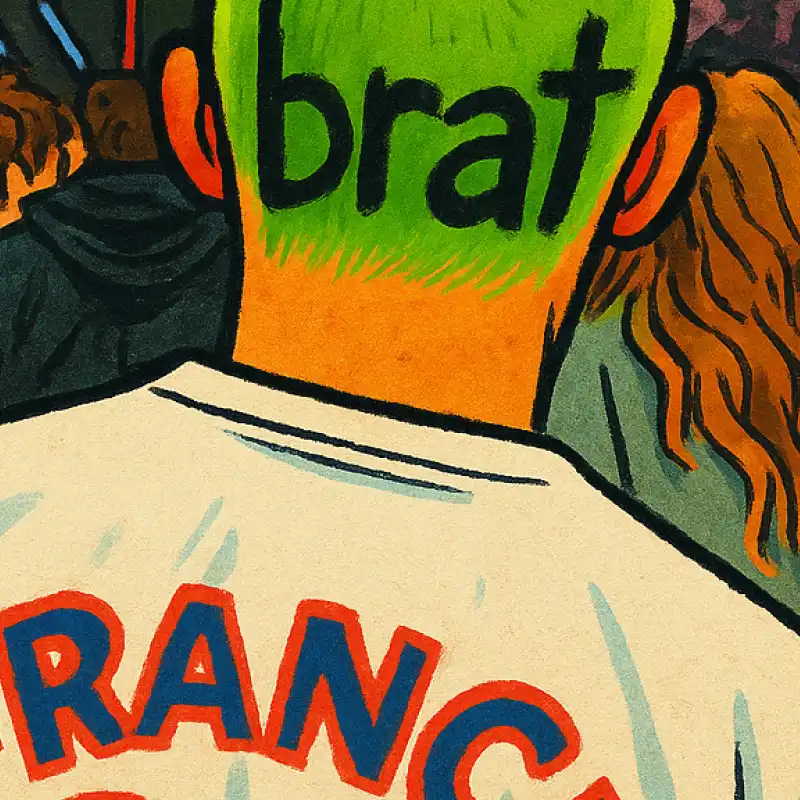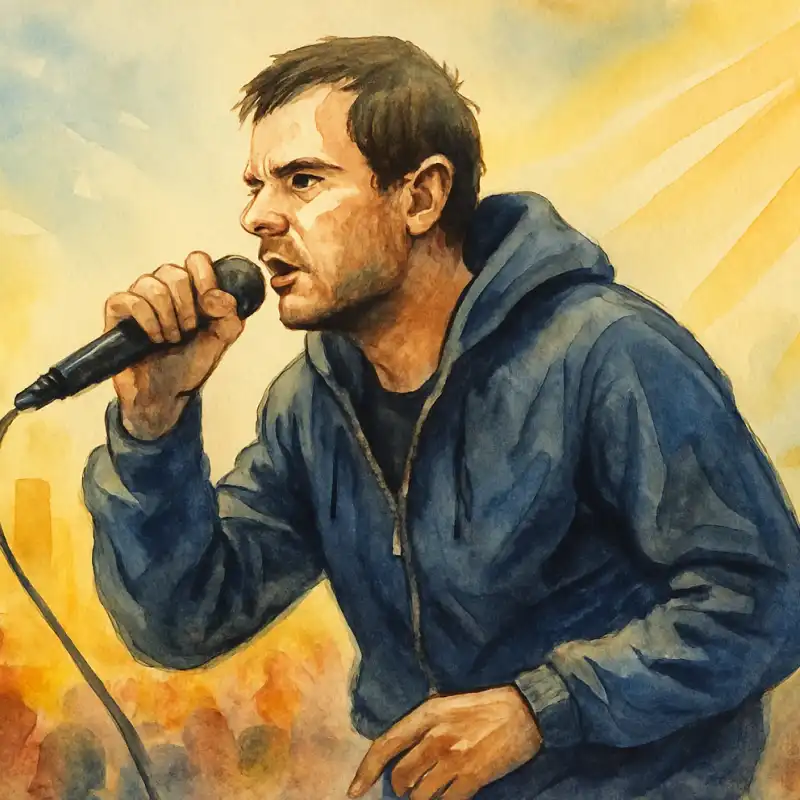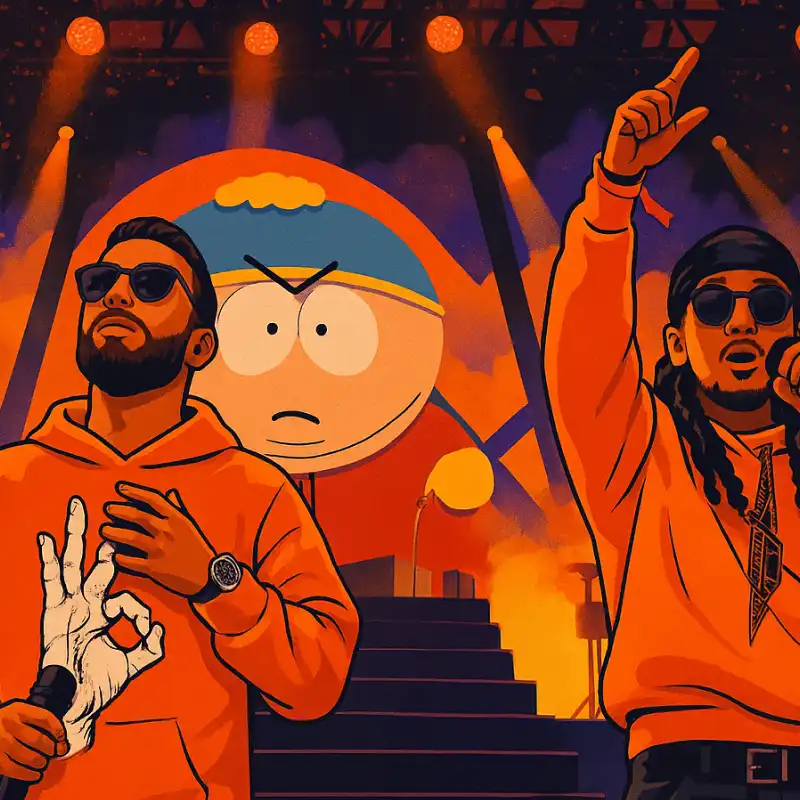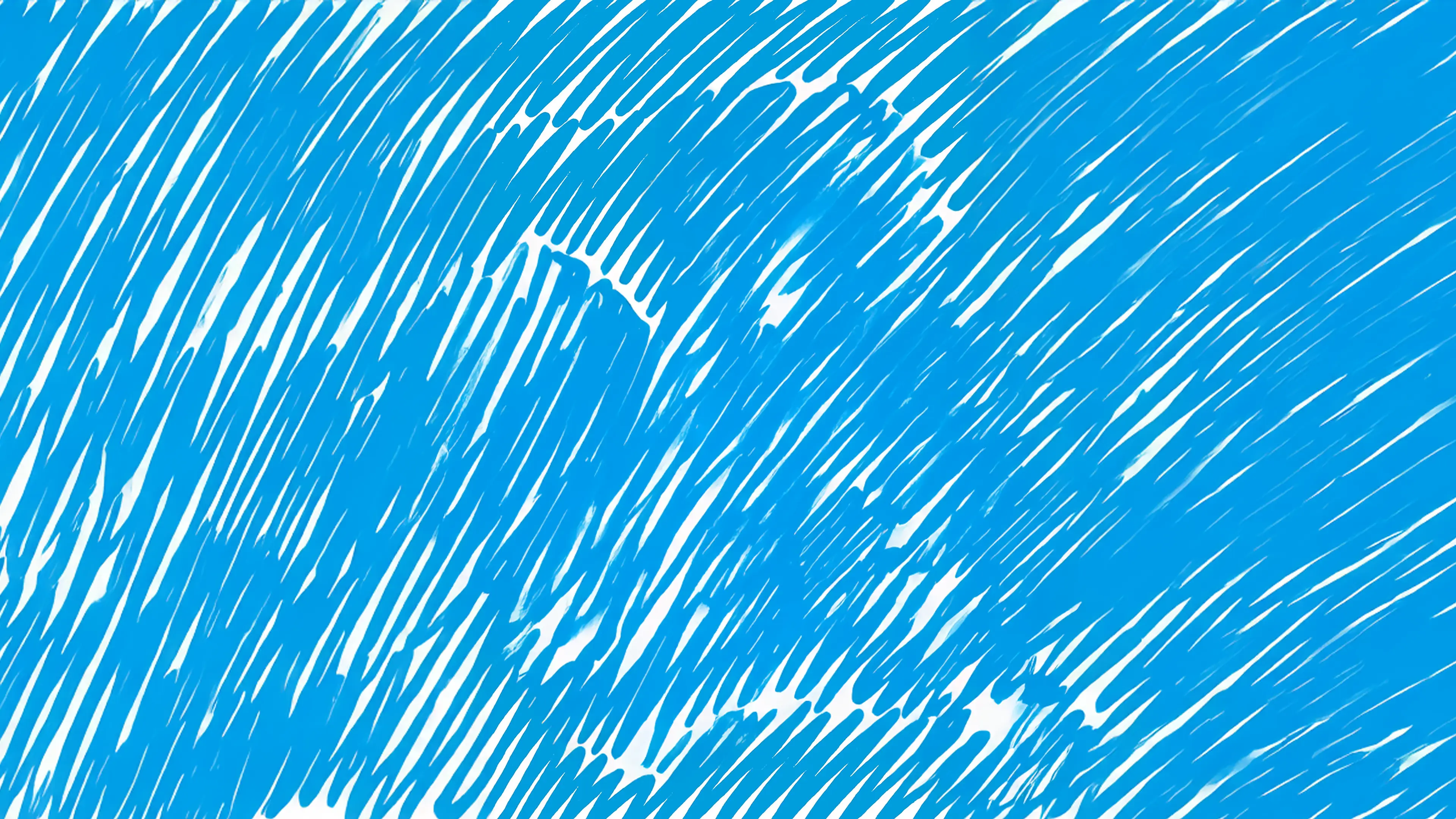I don't know what's most absurd: that I've seen a K-pop anime musical twice in one week -- or that I loved it. KPop Demon Hunters is possibly the best movie I've seen in 2025, and it feels like a concession I should write under a pseudonym. I went into it with the same expectation that one has when a friend insists that you “just have to watch a YouTube video.” And I went back out with tears in my eyes and the tinnitus of trap-beats.
One star
Two stars
Three stars
Four stars
Five stars
Disclaimer: Apropos Magazine received access or a review copy. As always, we share our own impressions — unfiltered.
Six stars
I have to start with a concession: I'm not the type to wear bunny ears or collect plastic figures with big eyes. I've always thought that adult people who watch anime should learn to go for a walk in the woods. In the same way as those who see Danish rap as art, or techno as religion. But that is how we are different, and KPop Demon Hunters hit me in a place where I thought I was immune: right in the pop-cultural solar plexus.
The film is produced by Sony Pictures Animation -- the same people who gave us Spider-Man: Into the Spider-Verse — and released by Netflix after Disney sold the rights for $20 million and dropped the cinema screening. Which I guess must mean they didn't believe in the project. Oh boy, where were they wrong. At a time when every streaming service is competing to see who can make the most depressing true-crime series, it felt like a vitamin injection to watch something colorful, cheesy and musical -- so overwhelming it makes you want to call Max Martin and see if he's okay.
The story? It sounds crazy, but it works. Three K-pop superstars battle the demons of the underworld using their voices, which create a protective barrier — “the honmon”. It's the kind of phrase one would normally dismiss with a snort, but here it works. It's so shameless, so bombastic, that one surrenders.
And then there's the music. The soundtrack is just called KPop Demon Hunters (Soundtrack from the Netflix Movie) — nine original tracks written and produced by some of the biggest names in the industry: Teddy Park (Blackpink, BIGBANG), 24, Ido, Jenna Andrews, Mark Sonnenblick and Ian Eisendrath. The latter is a music producer from the world of Broadway, which explains why the songs actually have melodies and dramatic curve, instead of just sounding like TikTok samples. The track “Golden”, written by Ejae and Sonnenblick, went straight to the Billboard Hot 100 — as the first soundtrack number ever from a fictional K-pop group. It's not just catchy; it's superhumanly produced pop, wrapped in anime aesthetics as if Studio Ghibli had been given an EDM phase.
Visually, the film is a blast. The animation is hand-drawn and digital at the same time, with pace that gets The Spider-Verse to look like a silent movie. The colors pulse in rhythm with the music; each clip feels like a beat. You almost get a headache -- but in the way you make you want to watch it again afterwards. And then there are the small details: reflections in broken glass, neon lights, movements in the choreography that strike precisely in the seconds. It's like being trapped in a music video where everything suddenly matters.
The votes do the rest. Arden Cho, May Hong and Ji-young Yoo give voice to the three main characters, and they play with a sincerity that makes you forget that it's all about demons and dancing. It feels like a musical where the characters sing because they can't help but.
Of course, there are moments when it becomes too much. Where the animation hyperventilates and the plot throws another magic bullet into your head while you're still trying to understand what the “honmon barrier” really is. But that's precisely the charm: it takes itself seriously enough that you don't have to. It's a bit like taking a roller coaster at Tivoli on LSD — through a rainbow — to 140 BPM K-pop with trap and 4x4 in the floor.
I thought I was going to go from there with tinnitus. Instead, I went from there with hope. KPop Demon Hunters isn't just pop and glitter; it's also about identity, fear and finding one's voice -- literally. When the characters use singing as a weapon, it doesn't feel like a trick, but like a statement.
There is a scene halfway in where the main character Atsu confronts his own demonic doppelganger. The music stops, the camera slowly zooms in and you can hear her breathing before the beat explodes again. It's pop, but it's also art.
What I love is that the movie doesn't try to make K-pop cool for those of us who usually hear The Weeknd. It insists that K-pop already is cool -- that we've just been too slow to detect it.
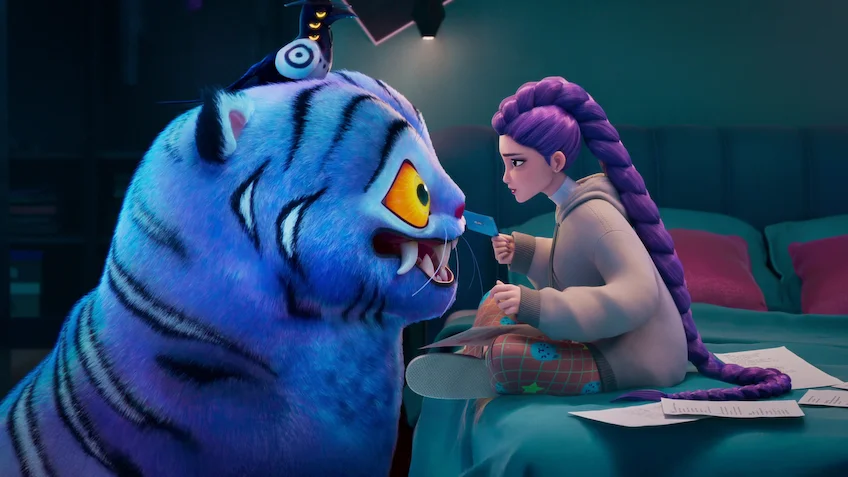
It's hard to describe the feeling afterwards. It's like having seen The Spider-Verse, Kill Bill and Frozet at one time, edited by a DJ who's been drinking too much matcha. I don't know what I expected, but I know that I got more than I thought.
I'm sure there are people who will write the movie off as silly. That's fine. The same was said about Grease, The Rocky Horror Picture Show and everything else that later became cult. KPop Demon Hunters might end up as one of those works you'll cite in the future as a turning point -- where east and west, pop and anime, were mixed in a way that actually worked.
And yes, I realize how ridiculous it sounds when I write this, but it honestly feels: I don't think I've seen anything so bold, beautiful and absurd at the same time this year.
In reality...
In reality, acting KPop Demon Hunters not about demons or pop music. It's about daring to take yourself seriously in a world that laughs at it. About creating something excessively beautiful, even when no one asked for it. And that may be why I can't let it go.


